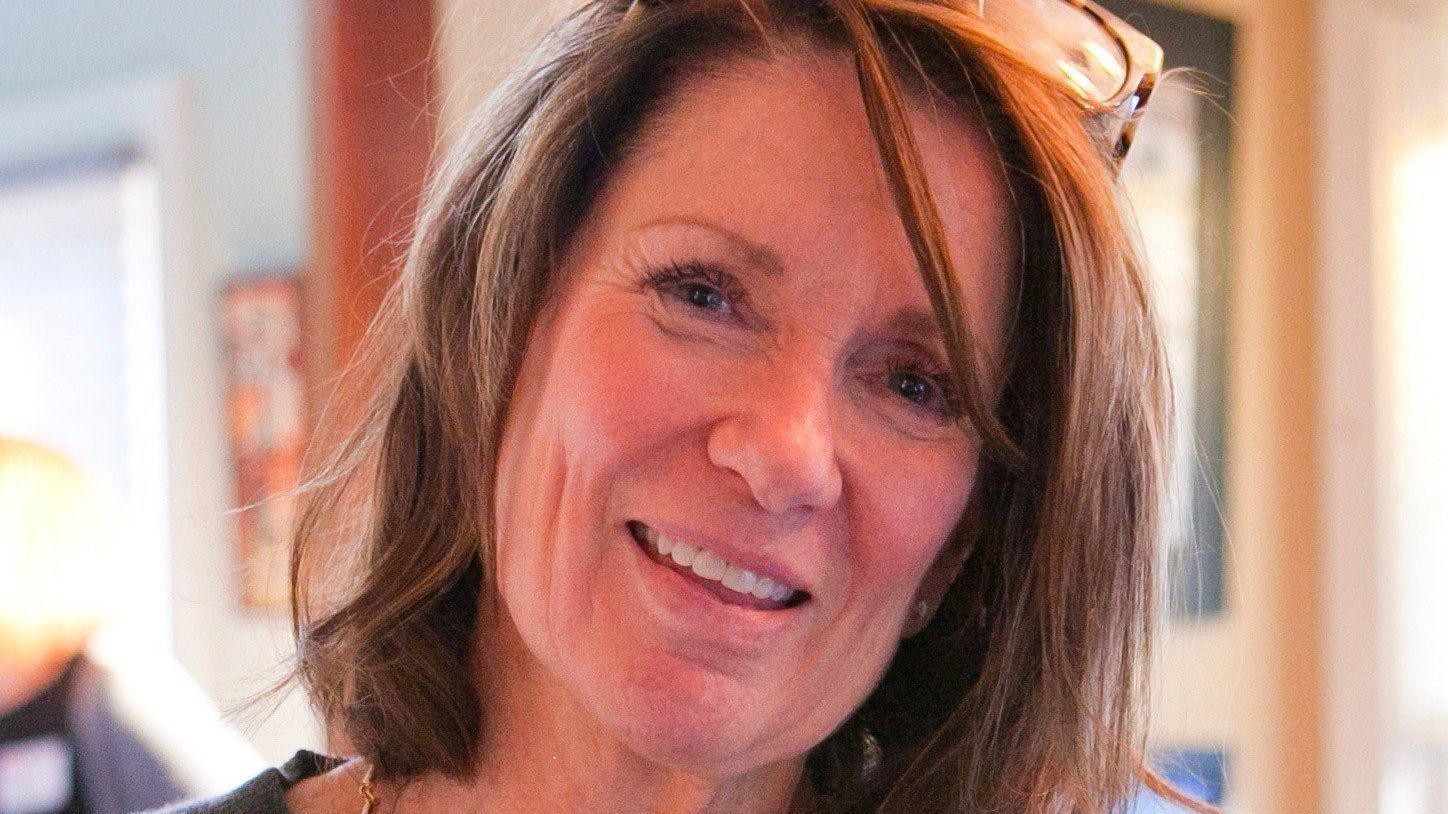
Annapolis resident Jessie Dunleavy says not all drug users are ready or able to seek treatment. Harm reduction aims to prevent the harm that comes from drug use.
Jessie Dunleavy
Guest columnist
As the 2020 International Overdose Awareness Day approaches, I hope — this year more than ever — its message is loud and clear: The tragedy of overdose death is preventable.
Held on Aug. 31, this global event raises awareness of needed reform and the stigma that hobbles it, while also honoring the memory of those lost. From Melbourne, Australia — where the day was initiated in 2001 — to Islamabad, Pakistan, and from South Africa to Sweden and Switzerland, planning is underway in 39 countries.
Because the U.S. holds the world record for overdose fatalities per capita, this event can reinforce the common-sense strategies that have proven to make a huge difference in other modern countries.
Preliminary data on 2019 overdose fatalities, released in mid-July from the CDC, shows the U.S. death toll hit a record high, exceeding the previous year by 5%. And this was before the pandemic — another brutal reality.
While focus understandably turned to the threats and challenges of COVID-19, our leadership must understand that we had not turned the corner on the overdose crisis, that our tentative grasp of — or commitment to — strategies to reduce deaths was not strong enough to weather the pandemic without backsliding.
Thus overdose fatalities in 2020 are rising beyond 2019. I’m not suggesting one health crisis takes priority over another any more than I would rank the value of an individual life. But it seems that our years of a lukewarm response, if not outright resistance, to evidenced-based solutions to the overdose crisis, have compromised our ability to minimize fatalities on both fronts — escalating drug overdoses while also weakening the containment of COVID-19 deaths.
As this virus bears down, longtime barriers to care for those suffering with a substance use disorder have gotten worse. Budget cuts have limited harm reduction services; access to crisis programs and health care is compromised; and the availability of proven medications is poor.
Add to this perilous mix: lost jobs, pending evictions, homelessness, and hunger. It is no surprise that our years of reluctance to embrace much-needed initiatives is evidenced by increasing overdose deaths but, sadly, these same failures underlie a significant portion of deaths from COVID-19.
Continued marginalization of the vulnerable, often stoked by our relentless focus on the war on drugs, has undoubtedly weakened our ability to control this virus. Among other wealthy nations, we are distinguished by: the percentage of those who live in poverty, our lack of affordable health care for all, and our astronomical prison population.
COVID-19 caught us by surprise but, in spite of the heroic efforts of our health care workers and research scientists, it exposes our years of shameful neglect.
We must realize that the poor, the disabled, the sick, and those with substance use disorders deserve to be treated with dignity and that keeping people stuck in hopelessness hurts us all.
For me, every day is overdose awareness day.
Join this year in spreading compassion over judgment and in freeing us from the stigma that thwarts needed progress. Let’s stand up for what the experts agree we need to reduce preventable overdose deaths: 1) distribute Narcan everywhere; 2) provide easy access to buprenorphine and methadone including for those in jail; 3) expand outpatient evidence-based treatment including telehealth; 4) provide all forms of proven harm reduction services; and 5) stop incarcerating people for non-violent drug offenses.

